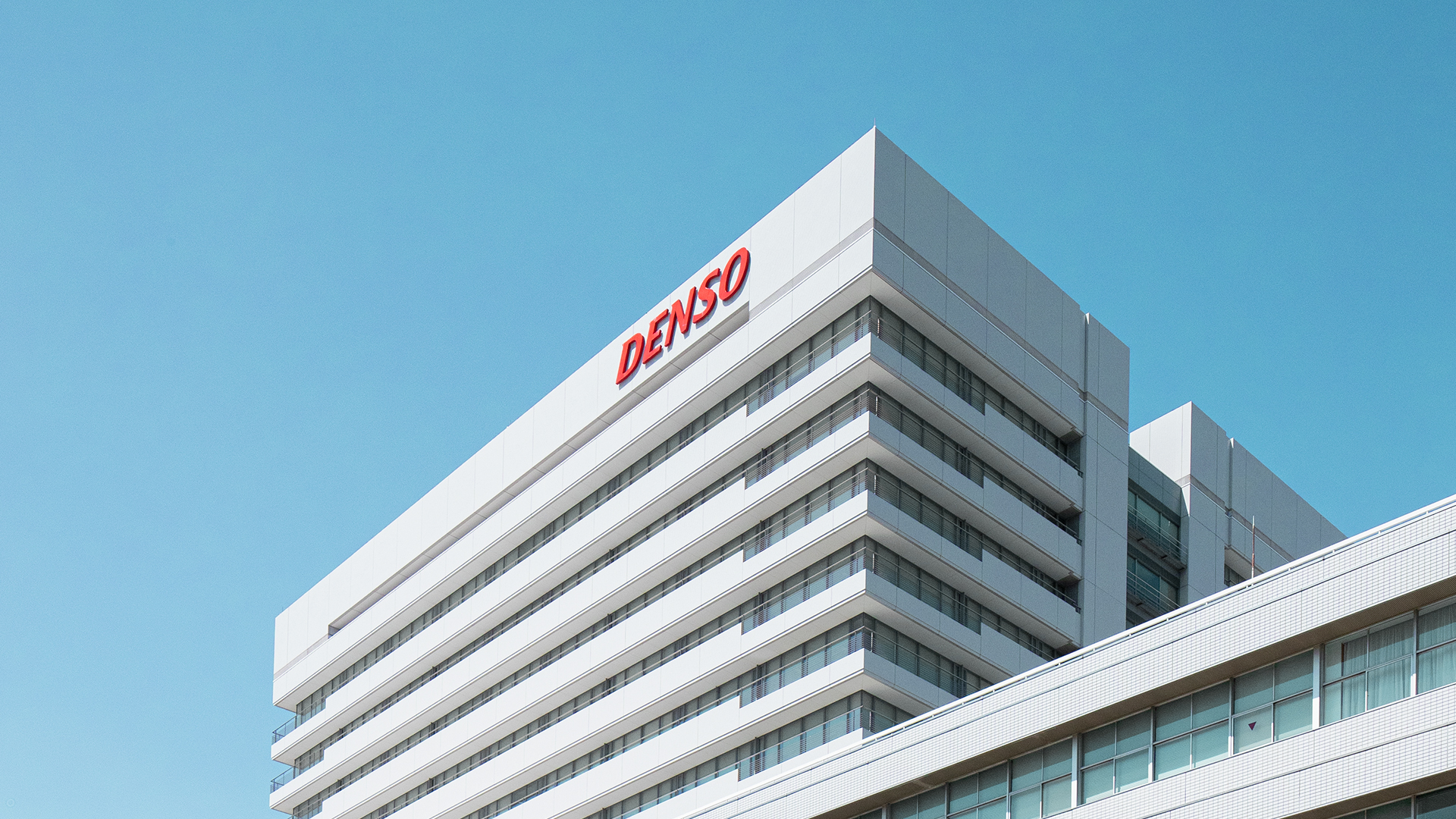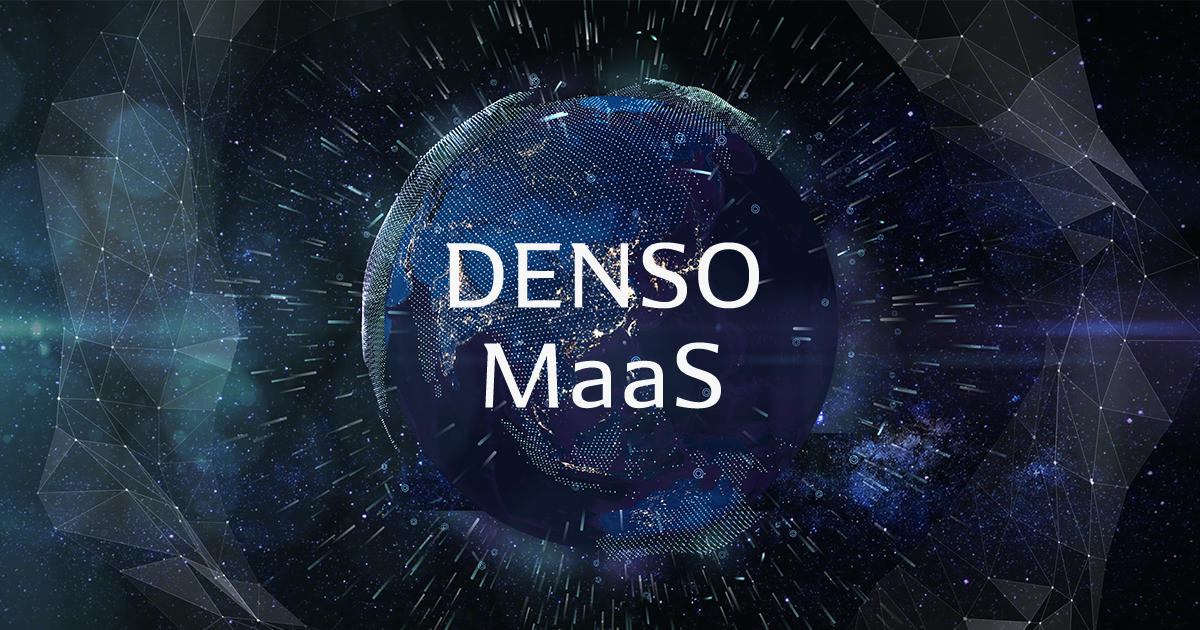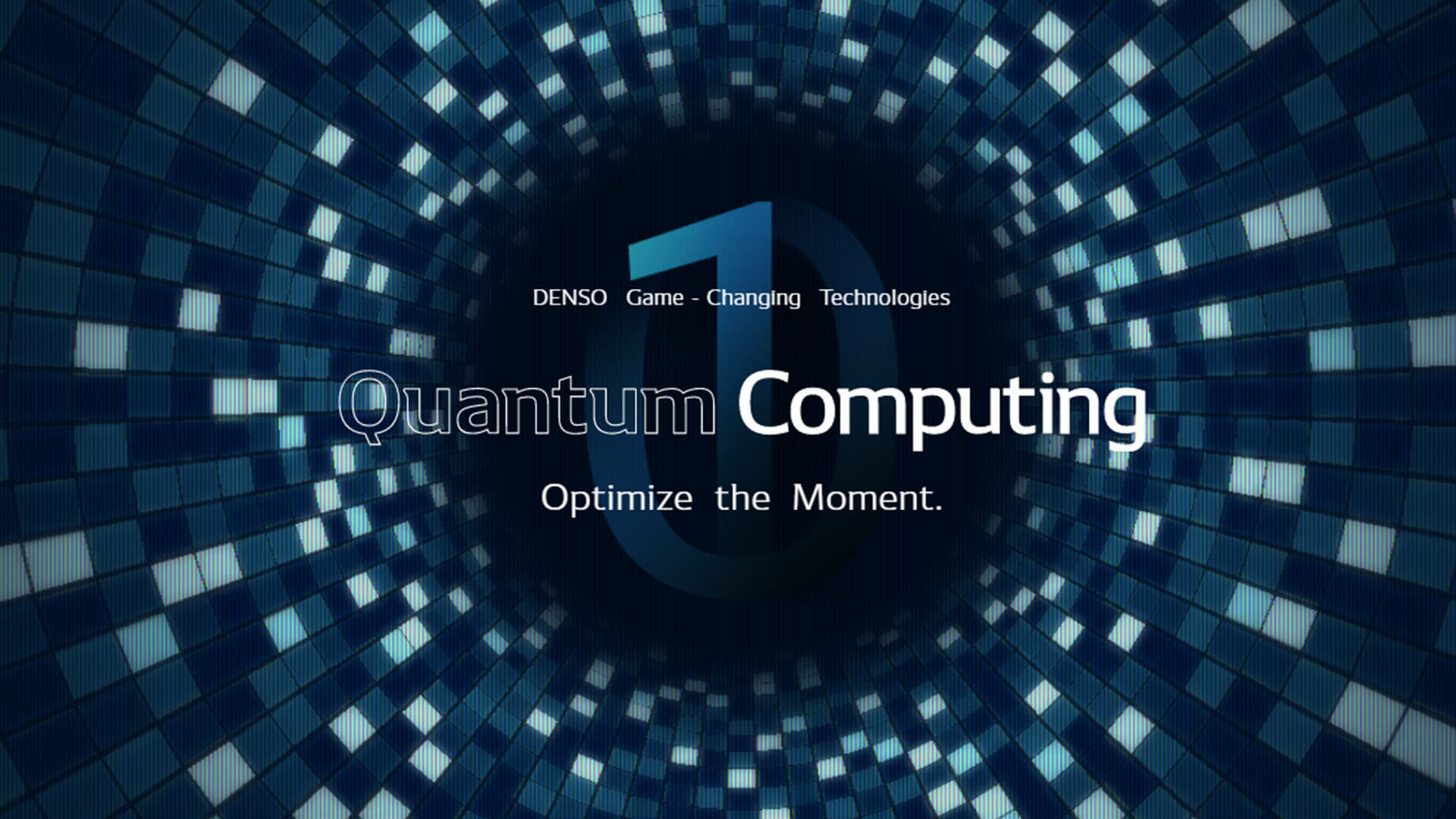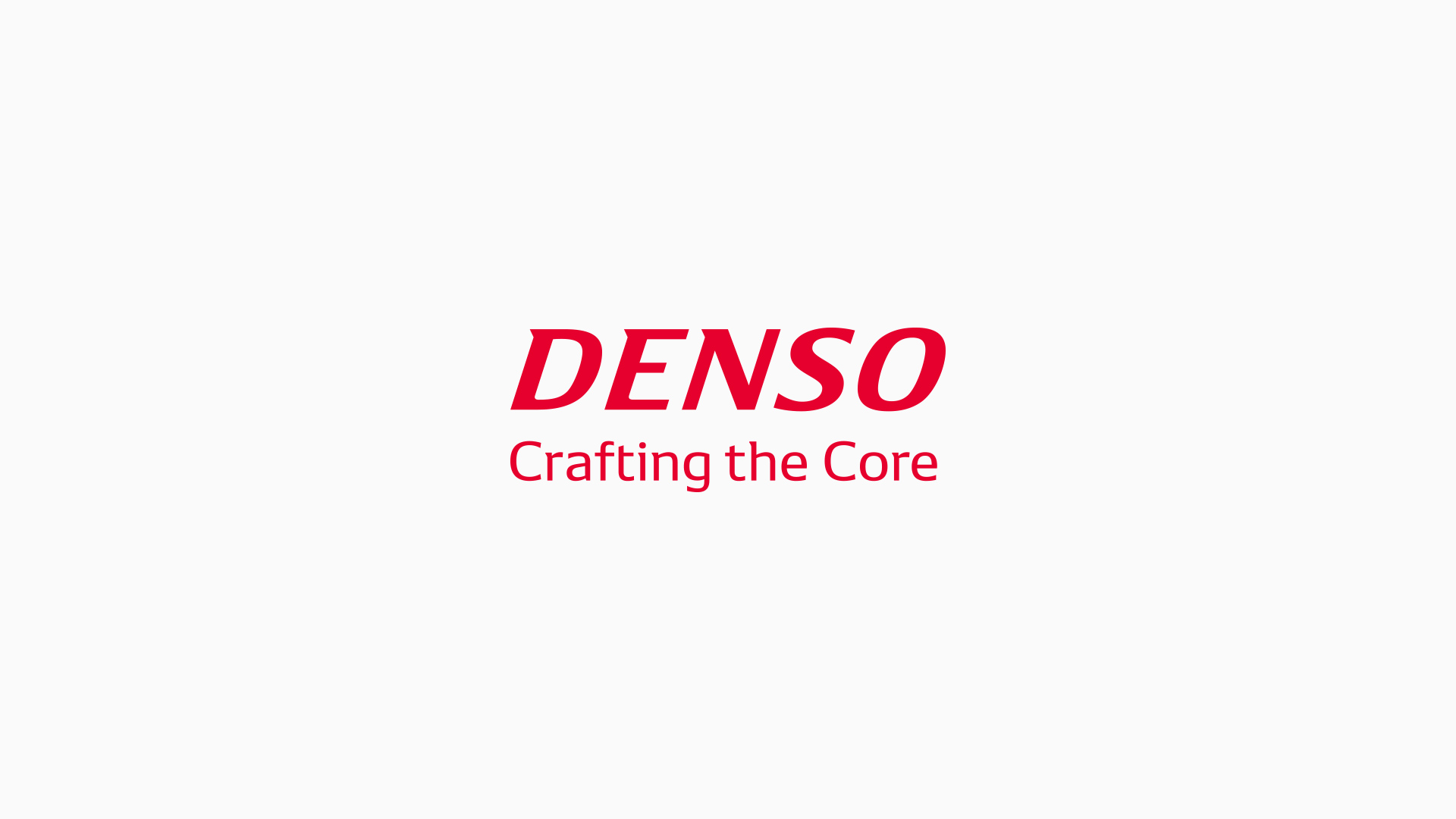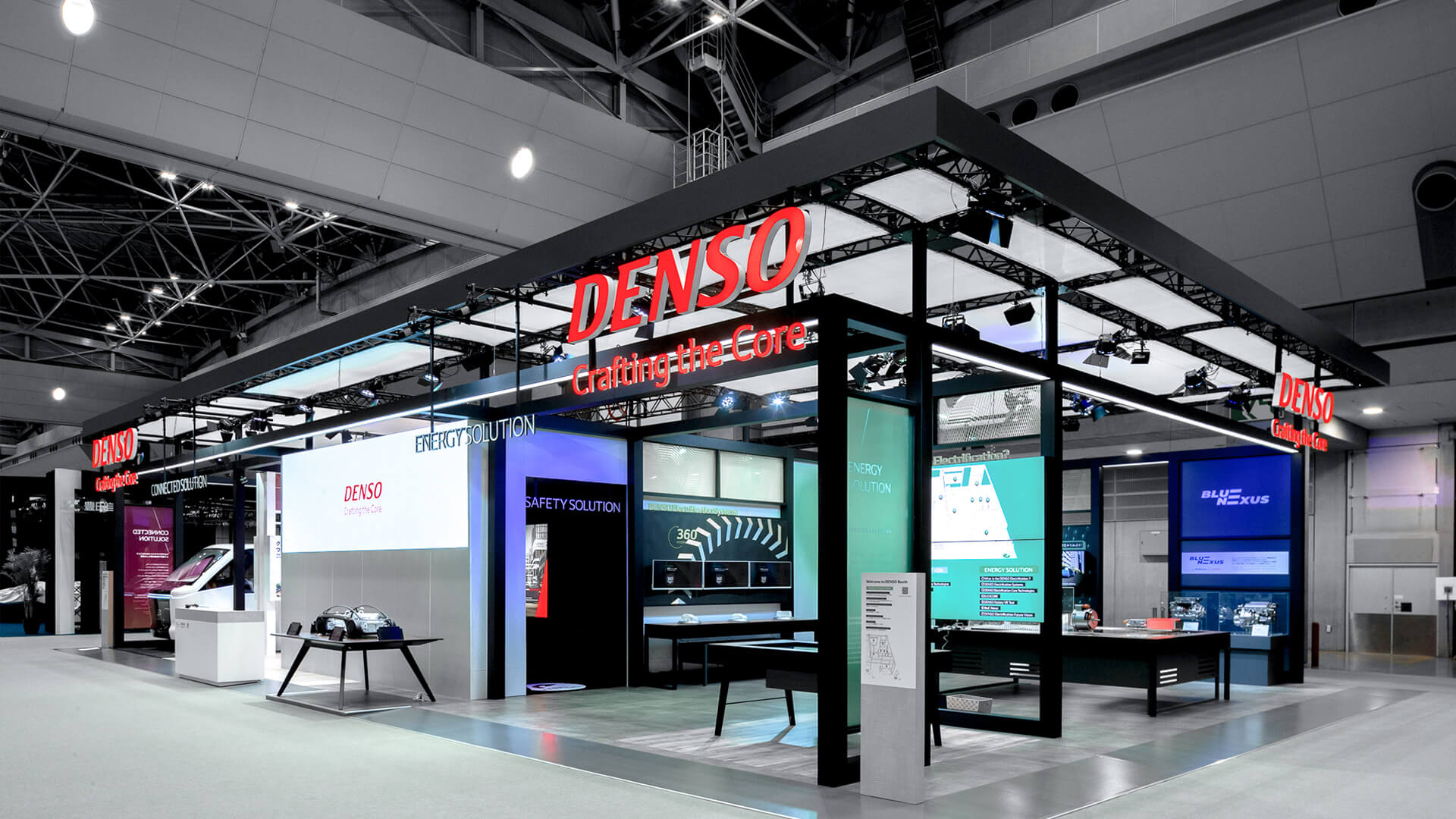Glossary
A
Abilympics
This global competition showcases the skills of persons with disabilities. The term was coined as a combination of Abilities and Olympics.
B
Basic unit
The basic unit indicates the amount of energy, CO2 or emissions required in the sale of a product or per unit of production over the course of a year in order to objectively determine production efficiency and environmental burden.
Biodiversity
Biodiversity generally refers to the variety of life in a particular habitat, including differences in form and mode of living. Based on the idea that all living creatures mutually impact each other and maintaining a balance, it is important to protectbiodiversity in ecosystems, species and DNA. The Convention on Biological Diversity was concluded at the Earth Summit in 1992 amid concerns over the impending extinction of various species.
Bio-fuel
This refers to alcohol fuel and synthetic gas that uses energy derived from biomass. Since it absorbs CO2 from the atmosphere as the plants (raw materials) grow, biomass is recognized as not adding to the amount of CO2 even aftercombustion unlike fossil fuels such as oil, coal and natural gas.
C
Clean diesel vehicle
These diesel vehicles comply with exhaust emission regulations (Post New Long-term Emission Regulations) enacted in 2010 in Japan and realize less emissions of atmospheric contaminants such as particulate matter (PM) and nitrogen oxides (NOx).
Clean energy vehicles
In Japan, clean energy vehicles apply to hybrid vehicles and vehicles that run on compressed natural gas (CNG), diesel-alternative liquefied petroleum gas (LPG) and electricity. The number of these vehicles has been increasing due to their ability toreduce CO2 emissions and purify exhaust gas.
Club for employee volunteers
This club was inaugurated in 1998 as an employee volunteer group. It is independently run by volunteer employees with a structural organization within each production site that plans and runs volunteer events.
Co-generation
This is a system to extract multiple forms of energy (electricity, heat, etc.) from a single fuel source and supply both heat and power. DENSO Corporation generates electricity using turbines and engines that run on city gas and produces steam from theheat generated in the process to use in engines as well as for cooling and heating. Energy efficiency is high at 70-80% while CO2 emissions can be reduced by 20-30%.
Cold chain
This refers to an unbroken cold chain for fresh and frozen food from production to consumption by maintaining low temperature, cold storage and freezing conditions. It is used for managing set temperatures for pharmaceuticals and electronic components,among other products.
Common rail system
This is a system for diesel engines in which fuel is subjected to high pressure through a supply pump and stored in the common rail (accumulator) before an appropriate amount is injected from the injector into each cylinder at the best timing throughECU control.
Compassionate Point System
Points are given for environmental actions taken by employees and their families. Points accumulated can be exchanged for eco-products or used for donations for environmental protection activities undertaken by local groups. The "Expo Eco-Money Project"at the "Exposition of Global Harmony" in 2005 was used as the model for DENSO Corporation to introduce its own similar initiative in December 2006. The name changed from DECOPON to the "Compassionate Point System" in 2012.
Compliance
This refers to the adherence to laws, regulations and corporate ethics that form the basis of CSR activities and CSR management. Compliance leaders are the driving force behind permeating understanding and boosting awareness of compliance in the workplace.DENSO Corporation first assigned one compliance leader per work site that also doubles as a CSR leader in fiscal 2007. The same system has since been expanded to DENSO Group companies. A compliance officer fulfills the same role at sites in North America.
Compressed air
This refers to high-pressure air that has been compressed with a large compressor in order to provide power to remove water and foreign matter from products. Low-pressure air is derived from a blower (such as an electric fan).
Corporate governance
This refers to the system by which a company's management is monitored and controlled, including disciplinary action. Learning the lesson from cases of corporate misconduct, the United States introduced a series of controls in the 1990s. The need for monitoring and auditing corporate management in the same manner subsequently was deemed necessary in Japan. The Organisation for Economic Co-operation and Development (OECD) formulated the Principles of Corporate Governance in 1999 (revised in 2004) that have become an international indicator for building internal controls.
In June 2015, the Corporate Governance Code was adopted by listed companies in Japan. It stipulates behavioral standards to enhance management transparency and earnings potential. As with companies in Europe, which have taken the lead in the field, accountability has been strengthened, including in terms of the rights of shareholders, role of the board of directors and approach to officers' remuneration.
Crisis Communication Manual
This refers to a manual that clarifies in concrete terms standards, procedures and methods of response enabling swift and precise initial action within the Group when a crisis occurs as part of corporate risk management.
D
De-emphasis and Discontinuation
This refers to the closing and reduction of specific businesses and products (including transfer of businesses) based on business portfolio strategies.
DENSO Group Community Service Day
Group companies in countries and regions around the world have established a day for volunteering as Community Service Day and carry out activities with the participation of employees focused on community contributions based on the slogan "Turn Compassion intoAction." DENSO Community Service Day was established in 2004 on the occasion of DENSO Corporation's 55th anniversary.
DENSO Safety, Health and Environment Standards (DAS)
These are internal standards stipulating items that employees must adhere to in terms of safety and health and environmental preservation. In addition to compliance with DAS, personnel are also obligated to work to prevent accidents, promote well-being,create a comfortable work environment and protect the social environment, as stated in employee labor regulations.
DENSO TAIYO Co., Ltd.
A special subsidiary established in 1984 together with Japan Sun Industries, a social welfare corporation, in order to support the participation in society and independence of persons with disabilities. The company, which is entirely barrier-free, mainlyproduces combination meters for automobiles.
DENSO Technical College
This is an internal junior college authorized by the Ministry of Health, Labour and Welfare that is run by DENSO Corporation. Although it was started in 1987, its roots stretch back to a training center for technicians that was set up in 1954 just afterthe Company's establishment. While being treated as a full member of society (allowance, bonus, benefits package, etc.), members learn from the standpoint of trainees.
DENSO Vision 2015
This refers to DENSO's long-term management policy formulated in 2004. The vision expresses DENSO's direction as a global corporation in 2015 in order to achieve its fundamental philosophy. It includes three strategies (technological development, businessoperations, management and human resources) and six key challenges.
Diversity
This refers to the philosophy of actively utilizing a diverse range of human resources. Originally it was used to specify the intention to expand employment opportunities for minority groups, but nowadays it indicates management aimed at enhancing productivity by embracing diversity in such terms as gender, race, age, personality, academic background and values, and utilizing a wide array of human resources.
Dojo (Training area)
This refers to a training facility used mainly for skills training that is set up within DENSO production sites and factories. Here, experts in specific fields provide education about the environment, maintenance, quality control, design and technologyand other matters.
E
E-learning
This refers to a type of learning that uses a computer or the Internet among other tools. Some of the features of e-learning include the ability for people to study at their own pace, to provide education to remote locations and to use educational materials unique to the computer.
Eco-Diagnosis
This refers to an environmental audit conducted at the DENSO Group. It has a broader scope than general audits since it also involves training, information sharing and expansion to other departments together with the audit.
Endangered species
This refers to species of animals and plants on the verge of extinction due to dwindling numbers. Causes include sudden environmental changes, introduced organisms and overexploitation. The International Union for Conservation of Nature and Natural Resourceshas released a "Red List" of species at the critical level while the Ministry of the Environment and prefectural and city governments have compiled a "Red Data Book" to sound a warning in Japan.
Energy Conservation
This refers to avoiding the wasteful use of energy within our daily lives and business activities. Energy conservation helps reduce CO2 emissions, and as such it is viewed as an important activity to combat climate change, much in the same manner as the use of renewable energy.
Engagement Survey
A survey is conducted every year targeting all employees of DENSO CORPORATION evaluating such aspects as job fulfillment, individuals’ willingness to take on ambitious goals, and level of openness in the workplace. The results of the survey are communicated to all employees and are put to use through workplace dialogue in DENSO’s efforts to create even better working environments.
Environmental compliance
This means complying with environmental laws and adhering to environment-related social agreements such as environmental treaties and environmental systems. Environmental compliance also aims not just to observe laws and agreements but also to adhereto the spirit underlying these laws and agreements.
F
FA system
This is one of the systems related to personnel relocation. FA stands for Free Agent, as in the term used in baseball. The FA system involves employees promoting their career and skills themselves and registering the job and position they desire. Conversely, a company announces the conditions of a post or job required by the organization to employees, with the required human resources appointed from a list of candidates in a system referred to as an internal job posting system.
Family-Friendly Company
This refers to a company that has established a system enabling childcare and nursing care alongside work and that nurtures a corporate culture in which employees can choose diverse, flexible work styles and make use of this system with peace of mind. It is thus evidence of a company offering an outstanding work-life balance. The United States ranks family-friendly companies and announces the rankings to the public. In Japan, the Ministry of Health, Labour and Welfare has designated October as the month to consider work and family, and awards those companies that satisfy certain selection criteria.
Five gases
The five gases refer to those greenhouse gases aside from CO2 to be reduced under the Kyoto Protocol, namely methane, nitrous oxide, hydrofluorocarbons, perfluorocarbons and sulfur hexafluoride.
G
Greenhouse gases
Greenhouse gases are gases with the ability to absorb infrared radiation, and when such gases exist in the atmosphere they have the effect of preventing heat loss from the earth and warming the Earth's surface and ocean water, much like a greenhouse. Tropospheric ozone, carbon dioxide and methane are all examples of greenhouse gases. The increase in the concentration of these gases in the atmosphere is thought to be the major cause of global warming and serious climate change.
GRI
Global Reporting Initiative: An international organization established in 1997 to formulate and proliferate international guidelines on sustainability reporting by businesses and groups.
H
Heat pump
This device absorbs heat from a cold space and releases it to a warmer one. It collects heat from the air or other source using a small amount of energy and converts it to a large amount of heat energy for use. It is being employed in such equipment as energy-saving air conditioners, refrigerators and the EcoCute heat pump system. The name "heat pump" stems from the fact that heat is transported from a cold space to a warmer one as with water being drawn up with a pump.
HEMS
Home energy management system: Supports the management of energy in the home. Energy-consuming devices in the home are connected via a network, making it possible to monitor, remotely operate and automatically control the operating status of the devicesas well as energy consumption.
Highway Oasis
This refers to an urban park or regional development facility outside the road zone that is linked to part of a service or parking area on an expressway. DENSO Corporation conducts tree-planting activities at a Highway Oasis near its head office.
Hiyari (near-miss) Map
This map compiles and indicates areas of traffic hazards in our daily lives, such as those where "we almost collided with cars or people." Because the maps are created based on an abundance of information, these maps enable people to discover locationsthat are dangerous and are useful in preventing traffic accidents.
HR
This stands for Human Resources and refers to the personnel or human assets of a company. It generally expresses the personnel resources of an organization.
I
Idle-stop system
This system automatically shuts down and restarts the engine when a car is stopped at the traffic light, for example, without the need for any special operation, in order to reduce fuel consumption and emissions.
Information Security Management System (ISMS)
An ISMS is a comprehensive mechanism for the appropriate management of information and protection of confidentiality by an organization such as a company. The governing principle behind an ISMS is that an organization should design, implement, operateand revise a coherent set of basic policies for the handling of information and to make continuous improvements in order to manage risks. There are also ISO international standards.
IR
Investor Relations: Corporate activities that provide the required information on investment decisions on a regular basis and in a fair manner to shareholders and investors. Businesses deepen mutual understanding and create relationships of trust withinvestors by exchanging ideas through IR activities. This enables a fair evaluation of the company to be made in the capital market.
ISO/TS 16949
This is a technical specification that adds particular requirements for the automobile industry to ISO 9001, an international standard for quality management systems.
ITS
Intelligent Transport Systems: This refers to systems that send and receive information among people, roads and cars to resolve issues such as traffic accidents, congestion and environmental problems.
L
LCA
LCA stands for lifecycle assessment. This is a method for assessing the environmental impacts throughout the entire lifecycle of a product or service, from the extraction of raw materials to manufacture, assembly, distribution, usage and disposal of components.It is stipulated as the international standard ISO 14040/JISQ 14040.
M
Major accident
This refers to a fatal accident in occupational safety and health activities.
Micro grid
A Micro grid is a small-scale energy network with an energy supply source and consumption facilities. The energy supply source involves a dispersed power system (solar power, wind power, biomass power generation, co-generation, etc.) and the entire networkis managed and operated using information and communications technology with almost total independence from the power of large-scale power-generating facilities.
Modal shift
This refers to a shift to modes of transport that have less impact on the environment. In general, it means switching from high-frequency shipments by truck to bulk shipments by rail or ship in order to reduce energy consumption (CO2 emissions),nitrogen oxide emissions and traffic congestion.
N
NPO and NGO
Non-profit organization and non-governmental organization: Both NPOs and NGOs are run by ordinary citizens and work independently to resolve social issues without seeking profit.
O
OECD Guidelines for Multinational Enterprises
This refers to guidelines on responsible social conduct for multinational enterprises operating in Organisation for Economic Co-operation and Development (OECD) member countries and supporting countries. Although the guidelines are legally non-binding,they are emphasized as international guidelines related to corporate ethics in such areas as human rights, employment and labor-management relations, the environment, corruption prevention, consumer protection and information disclosure.
OHSAS 18001 (Occupational safety and health)
OHSAS 18001 is an international standard for occupational health and safety management systems (OHSMS) issued in 1999 that is based on the BS8800 standard developed by the British Standards Institution. Certifying bodies and model local government bodiesfrom around 30 countries came together to formulate the standard. OHSAS 18001 promotes occupational health and safety related activities through the PDCA (Plan, Do, Check, Action) cycle in which policies and plans are made, implemented, evaluated andimproved upon.
P
Plug-in Hybrid Electric Vehicle (PHEV)
This refers to a hybrid car in which the battery can be directly recharged by connecting a plug to an external power source. The features of a PHEV are similar to an electric vehicle while retaining the long-distance cruising function of gasoline-enginecars.
Powertrain
A collective term for components that deliver power to the wheels. Powertrain components include engines, clutches, transmissions, propeller shafts, differential gears, drive shafts (axle) and others.
Q
QC Circle activities
These activities aim to improve quality control and are conducted by small groups. In particular, teams are formed at the production workplace level, with ideas put forward on a range of topics from processing to work environment in order to make continuousimprovements. These activities have been highly regarded globally as being the driving force behind the high quality of Japan's products.
R
Regenerative braking system
This is an energy recovery system that converts the vehicle's kinetic energy into electric energy as it decelerates via a generator and stores it in a secondary battery for later use. By recharging the battery using electricity generated during decelerationit is possible to inhibit the amount of energy discharged under certain driving conditions such as idling, acceleration and cruising, thereby lightening the engine burden and enhancing fuel economy (CO2 reduction).
Regional Headquarters
Multinational companies divide their operations into several regions (Europe, the Americas, Asia and others) and formulate and execute strategies for each individual region, and regional headquarters (RHQ) thus control, coordinate and support local subsidiaries.
Reliability Center
This is a research and development facility established at the DENSO Corporation headquarters in 2006. Research is conducted at the facility based on evaluation tests and advanced analysis under extreme weather conditions and rough roads that have beenartificially produced. The aims of the research are to evaluate and enhance the reliability of products.
Renewable Energy
This refers to energy that comes from the environment and resources found in nature, such as solar power, wind power, geothermal power, and hydroelectricity. Renewable energy sources can be used repeatedly without depleting resources and can produce electricity without emitting CO2. Accordingly, there are high expectations regarding the use of renewable energy as a measure to combat climate change.
Returnable containers
This refers to shipment boxes used to carry products to a site and back again. The material used for the containers is recyclable, allowing repeated usage rather than merely being used only once in a one-way type scenario.
Risk assessment
This refers to advance evaluation of risk. Risk assessment involves the entire process of evaluating the type and scale of risk before plans are devised and implemented, such as for business, operations or projects, and deciding whether the risk is within tolerable levels to put a plan into action.
Risk Response Handbook
Each employee carries this handbook on a daily basis to deepen understanding of various risks and to ensure appropriate response after encountering risk. It includes initial response measures to risks that could occur at anytime such as fires, earthquakesand traffic accidents.
ROE (Return on Equity Capital, Return on Shareholders' Equity)
This stands for Return on Equity. It is an indicator used to determine how efficiently a company has secured profit through corporate activities over the course of the year relative to the amount of shareholder investment. ROE is equal to fiscal year net income divided by the average shareholders' equity of the previous and current fiscal years, as a percentage. It is important as a figure expressing management efficiency.
S
Safety confirmation system for employees and their families
Taskforce members and workplace managers can determine and confirm the safety of employees and their families who have registered with this system through a PC or mobile phone when a large earthquake strikes.
Safety marks (Occupational safety and health)
This is an independent index assessing potential accidents in the workplace. Grades are given depending on the scale and type of accident. Each accident is assessed in terms of the impact on operations, equipment and management, with scores assigned accordingly.The aim is to prevent accidents before they occur.
Service stations
Since the inauguration of the Assigned Service Station System in Japan in 1954, around 700 assigned service stations and specified agents contracted with DENSO Corporation conduct inspections and repairs of DENSO products, sell replacement parts and recoverFreon refrigerant from car air conditioners. Overseas, more than 3,000 service stations run by or linked to local sales stores and agents perform the same tasks.
Smart grid
Smart grids utilize IT for monitoring the state of power generation and power usage and optimally maintain a balance between electricity supply and demand. There are hopes that these grids can be utilized as systems for efficiently using unstable typesof natural energy such as solar and wind power.
SRI
This stands for Socially Responsible Investment. It refers to a method of investing that factors in initiatives for CSR into evaluation criteria for asset management investments. In addition to being used as a standard for investing in terms of corporate growth and financial soundness, it considers initiatives related to such areas as the environment, human rights and social issues.
Sustainability leaders
Sustainability leaders promote awareness of Sustainability in the workplace. One leader is assigned to each division and also at domestic and overseas DENSO Group companies.
Sustainability surveys
DENSO has conducted surveys since 2006 to examine the degree of awareness and understanding of Sustainability among employees. DENSO Corporation selects around 1,000 employees at random to take part.
Stakeholder dialogue
Stakeholders are persons or groups that in some way exert influence on a company's activities either directly or indirectly. In addition to customers (end users, buyers, distributors, service stores, etc.), shareholders, investors, employees, suppliers,government, non-profit organizations, non-governmental organizations and ordinary citizens, the majority of companies also include the Earth itself as an important stakeholder in environmental management. Dialogue is a way to build strong relationshipswith stakeholders and directly exchange ideas. Briefing sessions and questionnaires are also used to gather opinions.
T
3R
This catchphrase is used to refer to the appropriate treatment of waste with an order of priority of Reduce, Reuse and Recycle. The concept is key to creating a recycling-oriented society.
3Rs of water
DENSO makes efforts to ensure the effective use of water resources by Reducing the amount of water consumed to the extent possible, Reusing water that has been used before and Recycling water through processing.
Trainee
For the purpose of developing global human resources, employees are dispatched as "trainees" and training is carried out through practical work experience amid diverse values and different business customs to raise capabilities for smoothly executingbusiness operations.
Trichlorethylene
This is one type of organochlorine solvent along with tetrachloroethylene. This clear and colorless fluid is volatile, non-combustible and very insoluble in water. It is outstanding for degreasing metals, machinery and other items. On the other hand,it is a causative substance of contamination of groundwater and its discharge is regulated by the Water Quality Pollution Control Act and Air Pollution Control Act.
U
United Nations Global Compact
An international framework initiated by the United Nations that encourages businesses worldwide to work toward the realization of a sustainable society. Businesses that have pledged participation support and implement 10 principles in the four areas ofhuman rights, labor, the environment and anti-corruption. It was established in 2000.
Universal Declaration of Human Rights
This was a universal declaration related to human rights that was adopted by the United Nations General Assembly in 1948. It is based on the principle of respecting fundamental human rights and stipulates the right to freedom as well as economic and socialrights, among others. It aims to ensure that all people of the world enjoy these rights.
V
Value chain
A value chain is a chain of activities for a company such as procurement, development, production, sales and service in which value and cost are added at each stage. The concept assumes that "ultimate value" will be provided to the customer through thischain of activities.
Visualization
This refers to when information, data, challenges or degree of progress, among others, are objectively quantified using indices or scoring to enable more easily comprehensible presentation. DENSO Group promotes such "visualization" at every stage of thePDCA (Plan, Do, Check, Action) cycle of environmental initiatives while also working to continuously raise the level by applying techniques to improve operations from technological and administrative perspectives.
W
Work-life balance
This refers to striking a balance between work and personal life. The concept was born against a background of a rising number of people who raise children while working and those who suffered ill health due to stress following overwork in Europe and the United States from the 1970s. In recent years, it has been used to refer to a philosophy of aiming to realize diverse work styles according to personal lifestyle and life stage.
World Cafe
This is a method for discussions based on the idea that knowledge and wisdom are not born inside a functional conference room but are instead created in spaces such as a cafe where people can engage in open discussions and freely build networks.
WorldSkills International Competition
This competition is for skilled professionals up to the age of 22 to compete on skills in around 40 different professions, from machine processing to furniture, landscaping, beauty and confectionaries. Participants are selected via national tournamentsheld every two years with the aims of promoting job training, spreading goodwill and encouraging interchange. Based on similar principles, the International Abilympics is held for skilled professionals with disabilities. DENSO Corporation first took partin the WorldSkills International Competition in 1963 and won its first gold medal in 1977.
Y
Yield ratio
This refers to the proportion of non-defective products relative to all products produced. If the proportion of defective products is high, the yield ratio is low, and if there are few defects, the yield ratio rises.
Young Invention Club
This club was established in 1974 with the aim of fostering dreams in science and technology and developing young persons full of creativity. Since starting to support the club in 1997, DENSO Corporation has provided creative learning through manufacturingwith employees acting as volunteer instructors to elementary students from respective clubs in Kariya, Nishio and Anjo cities (Aichi Prefecture) and Inabe City (Mie Prefecture).
Z
Zero emissions
This is a concept advocated by the United Nations University in 1994, in which the aim is to reduce the level of emissions throughout society to zero by making use of industrial waste as other industrial material. Based on a narrower definition, it alsomeans to realize zero waste at landfill and zero incinerated waste, to which DENSO Group also adheres.



